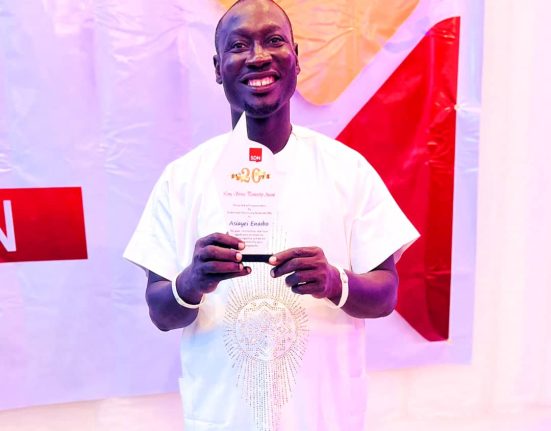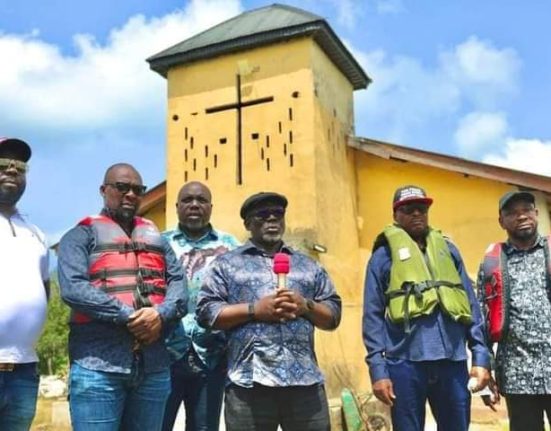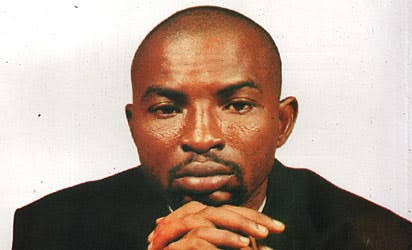The Programme Director of the African Peacebuilding Network of the Social Science Research Council, New York, Dr. Cyril Obi, says coastal communities in Nigeria may soon experience violent conflicts due to the rise in the ocean level that could lead to flooding.
He said this during an interview with our correspondent shortly after a conference in Abuja organised by a UK-based agency, Wilton Park, in collaboration with the APN and the African Leadership Centre of King’s College London.
Obi, who led research cluster on “Conflict, Displacement and Transformation” at the Nordic Africa Institute in Sweden, said if the coastal communities in Nigeria experience flooding, the struggle for dry lands could ensue thereby leading to conflict.
The programme director said just as climate change contributed to the herdsmen/farmer crisis in parts of northern Nigeria, it could also lead to crisis in the coastal regions mostly in the South.
He added, “Both the farmers and herders need to see how some of these immediate triggers of the conflict can be addressed. But more importantly, we should invest in technology and knowledge system that can help reverse some of the bad effects of climate change as it is affecting not just the Sahel.
“We are anticipating that the rise in the ocean level will also affect coastal communities in Nigeria. So, it is just a question of time before you begin to hear of conflicts along the coast.”
Obi, a former Associate Research Professor at the Nigerian Institute of International Affairs, said the herdsmen/farmers crisis was accentuated by tribal and ethnic politics, youth restiveness, unemployment, collapse of local governance and family structures, cattle rustling and the proliferation of small arms caused by conflicts in Africa over the last 20 years.
He noted that the crisis was not peculiar to Nigeria but argued that the country must fashion out its own solution that would suit its realities.
The APN programme director said there was also a need for investigators and researchers to identify the real owners of the cattle which are mostly members of the elite class.
Obi said, “One of the things we have discovered is that existing analysis does not interrogate the ownership structure of the cattle we have and some of the elite interests embedded in the conflicts.
“People tend to emphasise the part of the conversation that they think will advance their agenda. So, I would agree that there has to be more studies and greater attempts to strengthen local community-based conflict prevention and conflict resolution mechanisms.
“There also has to be greater communication between both farmers and herder communities.”
Support Quality Journalism in the Niger Delta Region
Join us in our mission to bring development journalism, cultural preservation, and environmental awareness to the forefront. Your contribution makes a difference in the lives of the people of the Niger Delta. Donate today and be a part of the change!









Leave feedback about this
You must be logged in to post a comment.